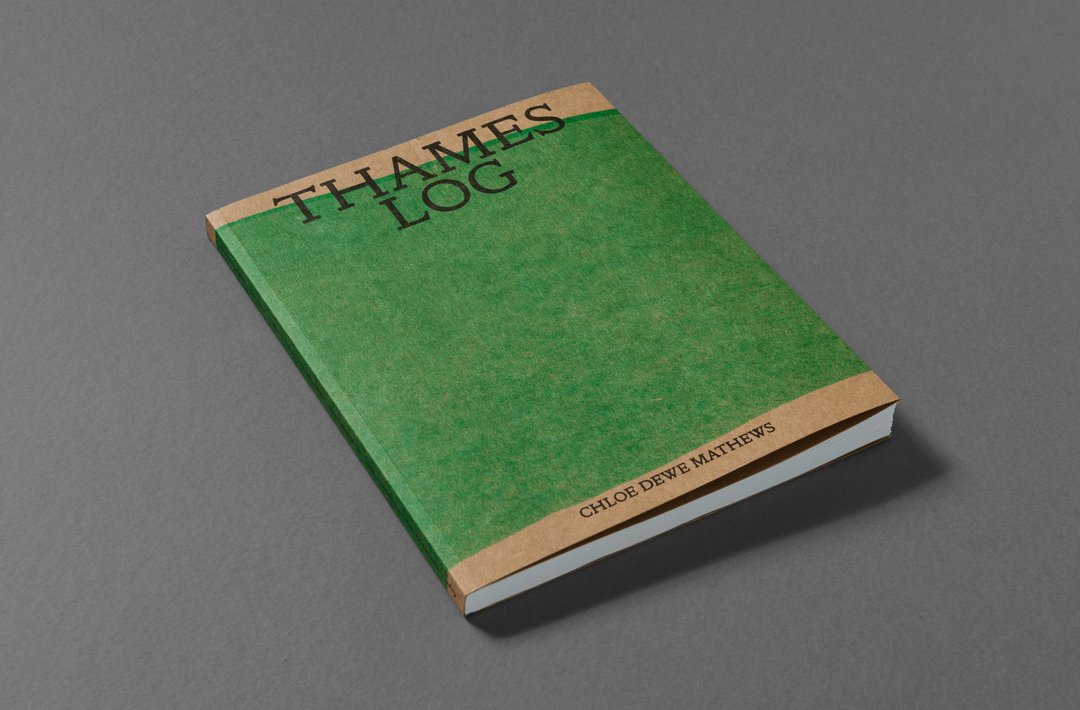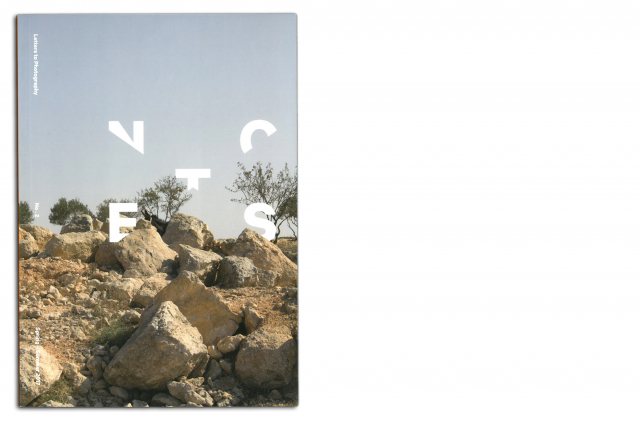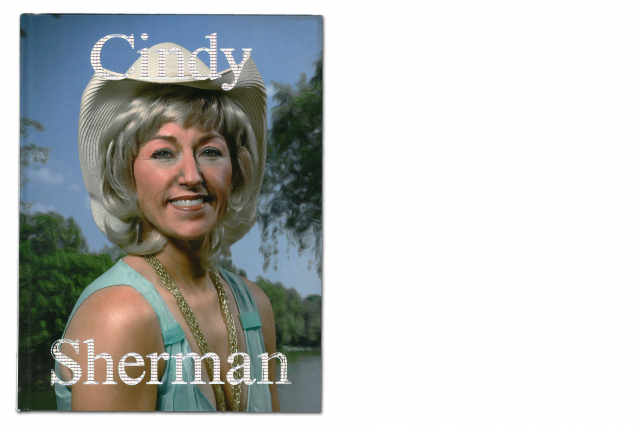Thames Log by British photographer & film-maker Chloe Dewe Mathews examines the ever-changing nature of our relationship to water, from ancient pagan festivities through to the rituals of modern life.
Dewe Mathews spent five years photographing up and down the River Thames, from its puddling source to its great estuarial mouth. She focuses her attention on lives that overlap with the river but whose activities often go unnoticed, like ship-spotters, who log the continual stream of vessels that pass through Tilbury, and mudlarks, who comb the city sludge for Roman and Saxon treasure. Above the tidal Thames, which transforms the landscape twice daily, the young river meanders gently through the verdant countryside. There, Dewe Mathews encounters neopagan rituals, eccentric coracle builders, and the custodians of royal swans. Far from holding a fixed identity, the Thames becomes a protagonist in a series of ceremonies and practices that flow seamlessly downstream, from boat burning in Oxford to evening prayer in Southend; from mass baptisms to teenage rites of passage.
Despite its status as one of the most iconic and well-documented rivers in the world, the Thames documented by Dewe Mathews invites you to look beyond the river to consider religious and secular rituals, and how meaning and identity are constructed through practices both big and small, private and public. For some, the Thames represents a source from which to dream, or imagine other places, other rivers—the Volga, Congo, Ganges, Arcadia. For others, it will represent a final point of departure, as their ashes are scattered into its flow.
Like much of Dewe Mathews’ work, Thames Log pits documentary photography’s tendency to categorise and classify against the mystery and poetry of daily life. Organized geographically across rolling, French-folded pages, Thames Log not only records events across the spectrum of significance but also the exact GPS coordinates, dates, tides, and weather of each. Dewe Mathews invokes an anthropology of everyday life, whilst reflecting back on the process of recording and gathering visual data along the river, disclosing the personal photographic ritual that evolved.
By giving her lyrical images a rational underpinning, Dewe Mathews halts and submerges us in the mutable flow of the river, sculpting an unending story of Greater London and the surrounding counties, in all of their diversity.


